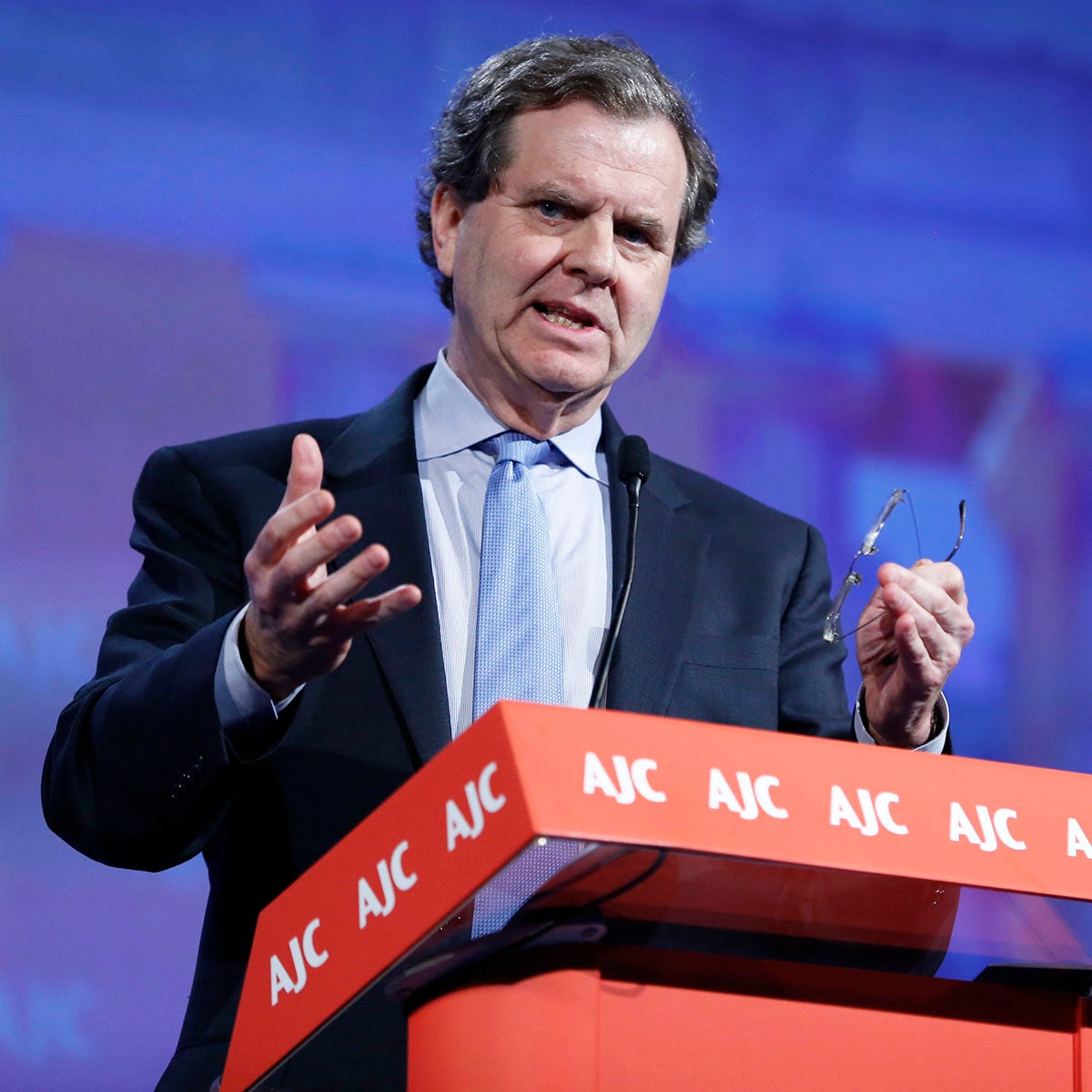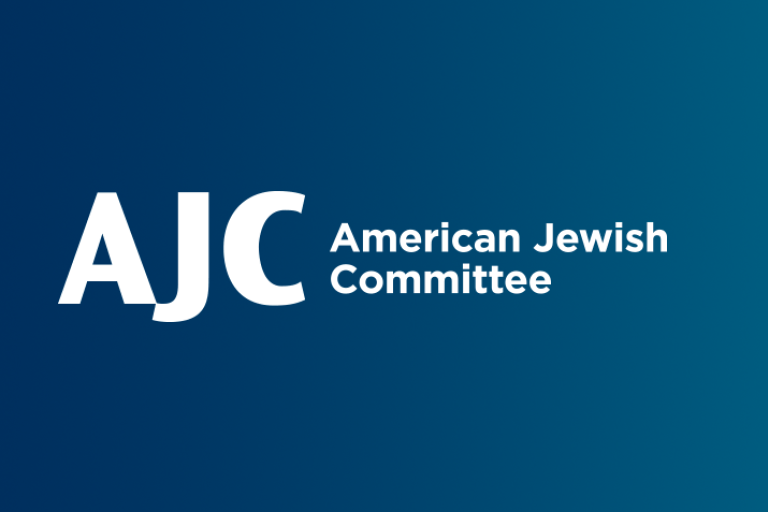November 6, 2015
Seventy thinkers, leaders, and clergy were asked: "What will be the condition of the Jewish community 50 years from now?" Below is AJC Executive Director David Harris's response:
Let me be honest. I have no clue what the Jewish condition will be in the year 2065. In fact, I am hard-pressed to predict what things will look like tomorrow.
Indeed, had I been asked to participate in a similar Commentary symposium in 1965, could I have foreseen the Six-Day War only two years later, and its aftermath?
Or the astonishing success of the Soviet Jewry movement at a time when the word emigration was absent from the Kremlin's lexicon?
Or the downfall of the USSR and its satellites, and the rebirth of Jewish communities in places where Jewish life was assumed to be nearing its end? Or, on a related note, that nations such as Bulgaria, Poland, and Romania would one day speak of Israel as a "strategic" partner?
Or that Germany would become the home of the fastest-growing Jewish community in the world?
Or that Israel would sign peace treaties with Egypt in 1979 and Jordan in 1994?
Or the remarkable flourishing of U.S.-Israeli relations, even as France's close ties with Israel withered?
Or the recrudescence of antisemitism in Western Europe, fueled principally by elements of a growing Muslim presence and an extreme right-wing backlash to this immigration?
Or Israel's population more than tripling from 2.5 million to more than 8 million?
Or the rescue of tens of thousands of Ethiopian Jews, who for centuries dreamed of Zion but, in their isolation, thought they might be the only Jews on Earth?
Or the toppling of the remaining barriers to full Jewish participation in American life, with Fortune 500 executive suites, Ivy League presidencies, and presidential candidacies now wide open to Jews?
Or Israel's foreign-policy pivot to Asia, with India as a showcase of new friendships?
Or the emergence of the Internet, creating previously unimaginable forms of Jewish connectivity, JDate among them?
Or the ordaining of women rabbis, the establishment of LGBT-friendly congregations, or the development of Chabad's worldwide outreach network?
No, I could not have foreseen these startling developments in 1965.
So what is even remotely foreseeable from today's vantage point?
First, Israel will continue to grow and thrive. True, the religious, social, and ethnic fault lines in Israeli society will not suddenly disappear. But the state will somehow manage them and blaze a trail in the 21st century as a global, sought-after leader in entrepreneurship, cybersecurity, water management, counterterrorism, renewable energy, medical research, and breakthrough technologies.
Second, while Israel's neighborhood might possibly improve one day, affording new opportunities for regional cooperation, in the meantime the Jewish state will be ready for whatever ominous new threats surface from both state and non-state actors. As the story goes, God was so angry with the world that he announced, in two weeks' time, a massive flood as punishment. On hearing this news, the French president told his citizens that the world would come to an end in 14 days, so there would be no more work, just joie de vivre, until the last minute. Meanwhile, the Israeli prime minister informed the Israeli people that "we have exactly two weeks to learn how to live underwater."
Third, the universal vaccine against antisemitism is unlikely to be discovered by 2065. For a while, many thought that post–World War II liberal democracy was the antidote, but the rise of Judeophobia in several Western countries, abetted by the receding memory of the Holocaust and its lessons, means that all bets are off.
Fourth, America's special ties with Israel will come under increasing challenge. There are seismic demographic changes happening in the United States, many college students are being exposed to the BDS movement on campus, and, with the passage of time, fewer Americans are able to recall the events of 1967 and how Israel unexpectedly became an "occupying power." Absent an Israeli–Palestinian peace accord, the battle for American public opinion will grow still more intense.
Fifth, even as Jews confront the inevitable external challenges, there will be no shortage of internal debates and divisions that stretch the notion of am echad, "one people," to the breaking point. To cite just one telling example, the fast-growing Haredi population at one end of the spectrum will be matched by the equally fast-growing population of Jews with an attenuated identity, two groups with essentially nothing in common. Then again, we've just about always been an argumentative and fractured people, sometimes, alas, to the point of self-destruction, so why should that suddenly change?
And sixth, in 2065, Commentary will hold a symposium on the next 50 years of Jewish life, and the magazine will have no difficulty identifying another group of contributors willing to ignore the late Yogi Berra's sage words: "It's tough to make predictions, especially about the future."



